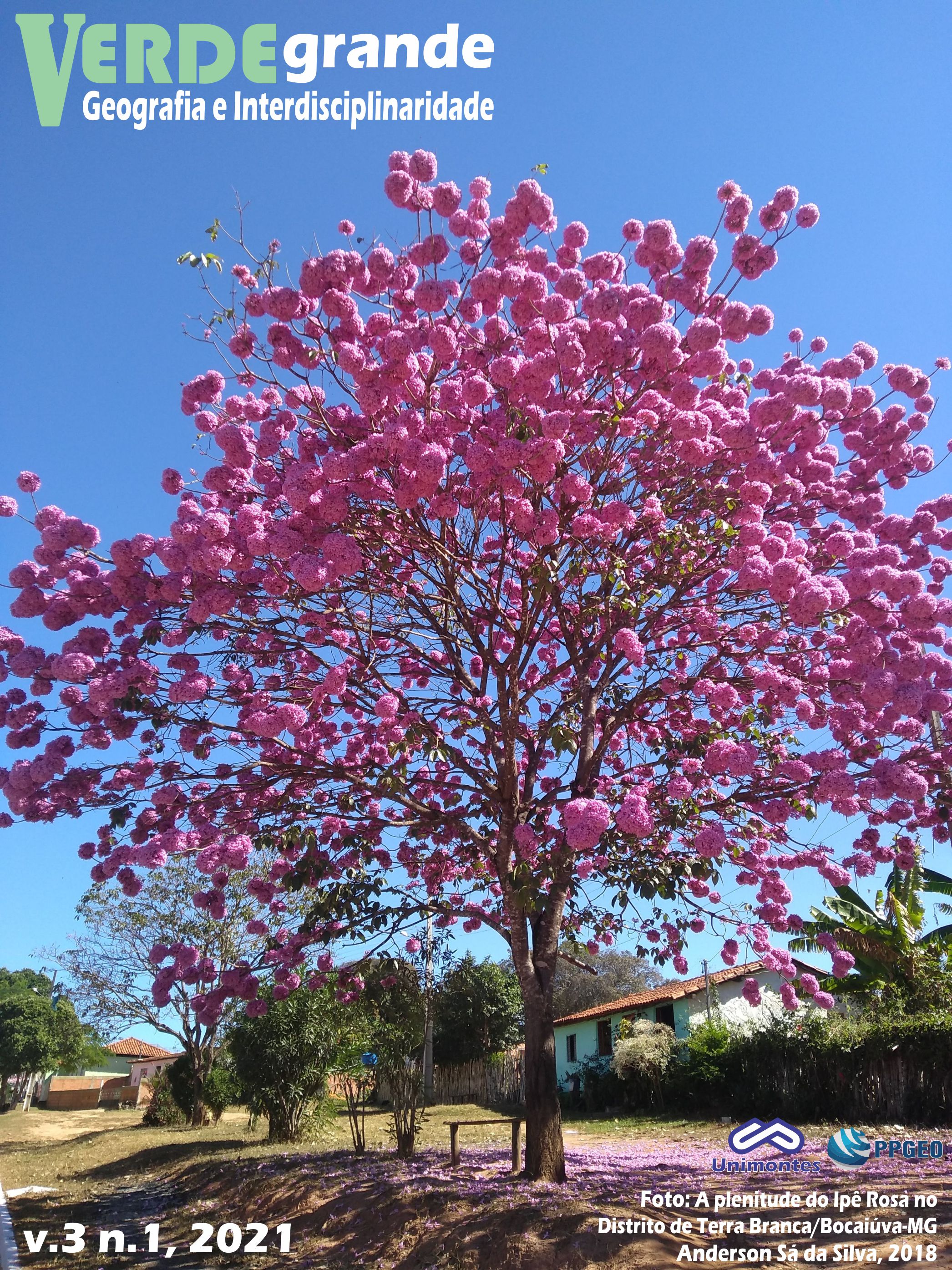The Educational Practice of the Geography Teacher as a tool for the Constitution of Citizen Consciousness
DOI:
10.46551/rvg26752395202112136Keywords:
Prática de ensino; Educação geográfica; Consciência espacial cidadã.Abstract
This work aims to highlight the educational practice as a tool for the teaching process and learning of school geography, from the perspective of Geographic Education, as a practice that allows considering the reality of the student. The research was carried out with two teachers from the municipal network of the city of Cariacica - ES. The study is constituted in an analysis of daily life and practices, and in the narratives of teachers of Geography of Elementary School. To perform the analyses it was necessary to categorize the observations of the classes and the information present in the interviews: a) the pedagogical perspective of the problematization of the content and the dialog city; b) the content approach around the formation of citizen spatial awareness; c) and the teaching and learning process in spatial awareness. Through data analysis, it is concluded that there is intentionality on the part of the interviewed teachers. Such intentionality appears, more clearly, in the conception of School Geography and in the Pedagogical Perspective.
Downloads
References
ANDREIS, A. M. Da informação ao conhecimento: cotidiano, lugar e paisagem na significação das aprendizagens geográficas na educação básica. Rio Grande do Sul – Ijuí. Dissertação de Mestrado, 2009. Universidade Regional do Noroeste do Estado do Rio Grande do Sul.
CALLAI, Helena Copetti. Estudar o lugar para compreender o mundo. In. CASTROGIOVANNI, Antônio Carlos (Org.). Ensino de geografia: práticas e textualizações no cotidiano. 10. ed. Porto Alegre: Meditação, 2012.
CALLAI, Helena Copetti. A Geografia escolar e os conteúdos da Geografia. Anekumene, v. 1, p. 128-139, 2011.
CALLAI, Helena Copetti. A Geografia e a Escola: muda a Geografia? Muda o ensino? Terra Livre, São Paulo, n.16, p. 133-152, 2001
CALLAI, Helena Copetti. O estudo do lugar como processo de pesquisa para a aprendizagem. Espaços da Escola, Ijui-RS, v. 31, p. 43-52, 1999.
CAMPOS, Eduardo. Ocontexto espacial e o currículo de geografia no Ensino Médio: um estudo em Ilha Bela- SP.São Paulo, Faculdade de Educação da Universidade de São Paulo, 2005. 219 p. Dissertação de Mestrado. Disponível em: https://teses.usp.br/teses/disponiveis/48/48134/tde-10122005-004124/pt-br.php. Acesso em: 20/09/2019.
CAVALCANTI, Lana de Souza. Concepções teórico-metodológicas da geografia escolar no mundo contemporâneo e abordagens no ensino. In: SANTOS. L. L. C. P. et al (Org.). Convergências e tensões no campo da formação e do trabalho docente. Belo Horizonte: Autêntica, 2010. p. 368 - 391.
FREIRE, Paulo. Educação como prática da liberdade. 14 ed. RJ: Paz e Terra, 2011.
FREIRE, Paulo. Pedagogia da autonomia: saberes necessários à prática educativa. 33. ed. São Paulo: Paz e Terra, 2011.
FREIRE, Paulo. Pedagogia do oprimido. 54. ed. RJ: Paz e Terra, 2013.
GRUBITS, Sonia; NORIEGA, José Angel Vera. Método Qualitativo: epistemologia, complementaridades e campos de aplicação. São Paulo: Vetor, 2004.
NOGUEIRA, Valdir. Educação Geográfica e formação da consciência espacial-cidadã no ensino fundamental: sujeitos, saberes e práticas. Paraná, Departamento de Educação - UFPR, 2009. Tese de Doutorado.
PAGANELLI, Tomoko Iyda. Reflexões sobre categorias, conceitos e conteúdos geográficos: seleção e organização. In: PONTUSCHKA, Nídia Nacib; OLIVEIRA, Ariovaldo Umbelino de. Geografia em Perspectiva: ensino e pesquisa. 4. ed. São Paulo: Contexto, 2013. p. 149-157.
SPEGIORIN, Mônica de Toledo e Silva. Por Uma Outra Geografia Escolar: prescrito e o realizado na atividade de ensino aprendizagem da Geografia. São Paulo, p.204. Dissertação (Mestrado): Pontifícia Universidade Católica de São Paulo – SP.
Downloads
Published
How to Cite
Issue
Section
License
Copyright (c) 2021 Elvis Reis de Oliveira, Renata Silva Jorge

This work is licensed under a Creative Commons Attribution-NonCommercial-NoDerivatives 4.0 International License.
You are free to:
Share — copy and redistribute the material in any medium or format
The licensor cannot revoke these freedoms as long as you follow the license terms.
Under the following terms:
Attribution — You must give appropriate credit, provide a link to the license, and indicate if changes were made. You may do so in any reasonable manner, but not in any way that suggests the licensor endorses you or your use.
NonCommercial — You may not use the material for commercial purposes.
NoDerivatives — If you remix, transform, or build upon the material, you may not distribute the modified material.
No additional restrictions — You may not apply legal terms or technological measures that legally restrict others from doing anything the license permits.


















 Esta obra está licenciada com
Esta obra está licenciada com 